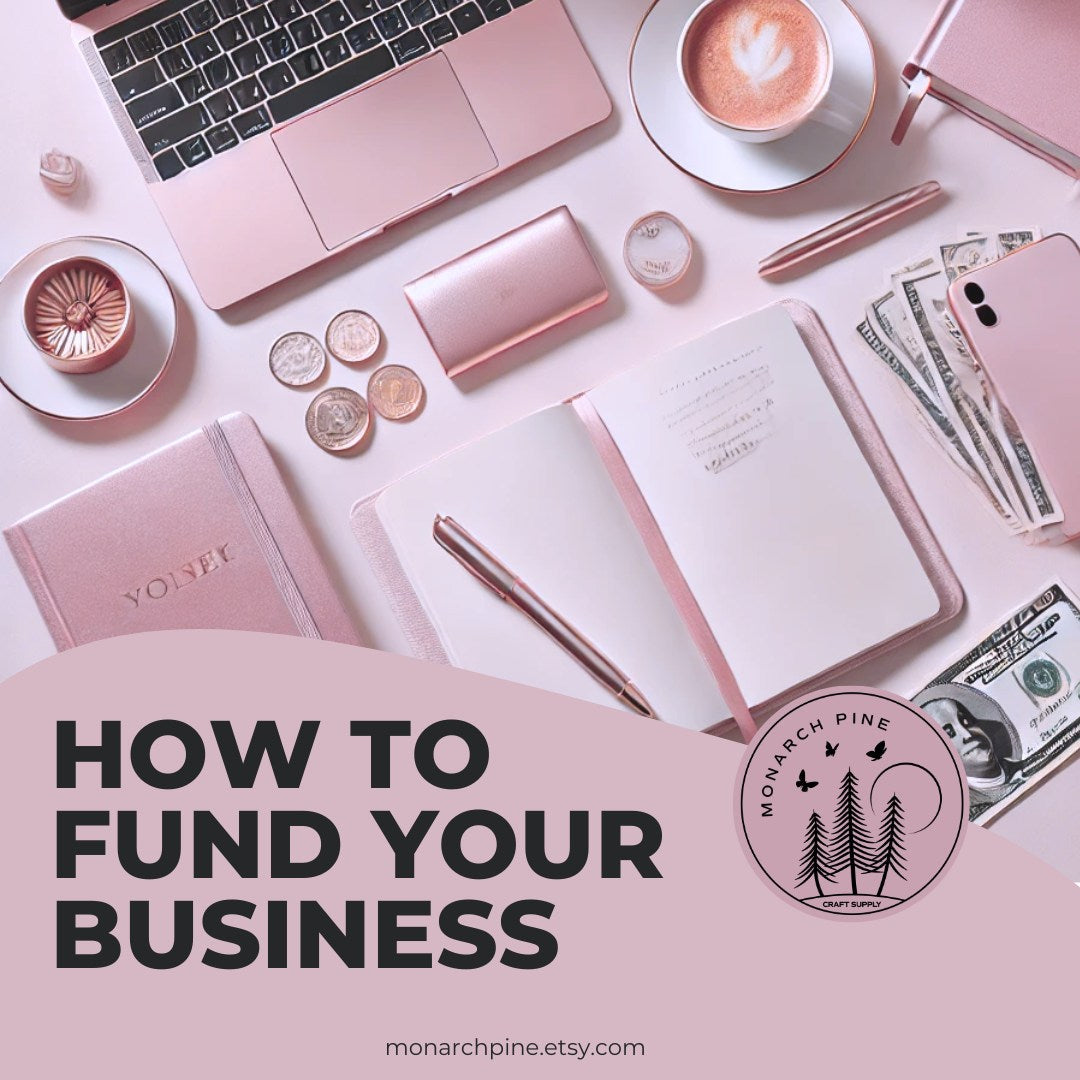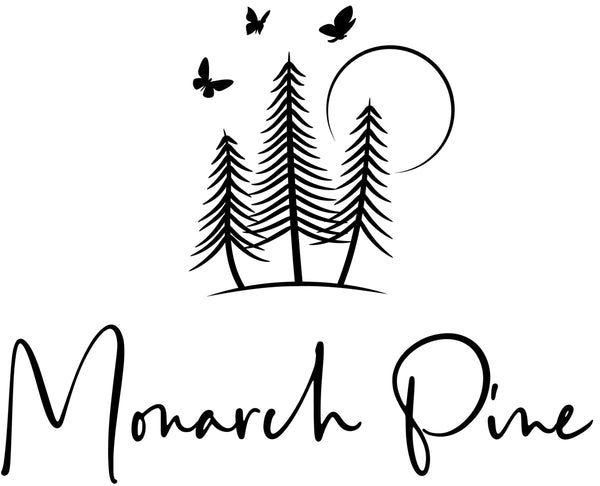
How to Fund Your Business: Options for Makers and Small Shops
Share
Starting a business but not sure how to pay for it? You’re not alone! Whether you're launching a handmade shop or scaling your laser business, funding can feel like a big hurdle—but there are more paths than you might think. Here are some ways to fund your dream, including how I got my own start:
🔹 Self-Funding (AKA Bootstrapping)
Whether you start part-time as a side hustle or go all-in, reinvesting profits lets you grow at your own pace—without loans or investors.
When I started, I had a gifted Cricut, an old laptop, and a scrap pack of leather. I sold leather earrings, later got a die-cutting machine, and eventually bought a Glowforge before branching into new machines and ideas. Each step was funded by the last.
⨉ A quick caution: While self-funding can be a great way to stay in control, relying on credit cards to finance a business can be risky due to high interest rates. If you use them, have a clear plan to pay off the balance quickly.
🔹 Small Business Loans
If you need capital to get started, a small business loan may be an option. The Small Business Administration (SBA) offers low-interest loans for qualified businesses, and many banks and credit unions provide small business funding as well. Some online lenders also cater to startups, but their terms can vary widely. Most lenders require a solid business plan, good credit, and sometimes collateral, so it’s important to research your options and compare rates before committing.
🔹 Grants
Unlike loans, grants don’t have to be repaid—but they can be competitive. If you’re willing to put in the time to apply, they may be worth exploring. Here are a few places to look:
- Grants.gov (federal grants)
- Hello Alice (small business & minority-owned grants)
- Local economic development programs (check your city or state)
- Industry-specific grants for women, minority-owned, or creative businesses
🔹 Crowdfunding
Platforms like Kickstarter, Indiegogo, and GoFundMe let you rally support from your community in exchange for perks—like exclusive products, discounts, or behind-the-scenes access.
Unlike loans or investors, crowdfunding doesn’t require repayment or giving up equity, but success depends on building excitement and a strong marketing plan.
May be best for: Businesses with a unique product or mission that can generate buzz, especially those with an engaged audience or a compelling story to share.
🔹 Investors
Some businesses seek investors for funding, typically in exchange for equity. Angel investors are individuals who invest their own money in early-stage businesses and may offer mentorship. Venture capitalists (VCs) are firms that invest in businesses with high growth potential and usually expect rapid scaling.
May be best for: Businesses looking to scale quickly and willing to share decision-making in exchange for funding.
Funding doesn’t have to be scary—and you don’t need a huge investment to get started. Every business journey is unique. Focus on what works best for your budget, risk tolerance, and goals.
👉 Want more small business tips like this? Join our Monarch Pine Facebook group for more advice and encouragement from fellow makers.
